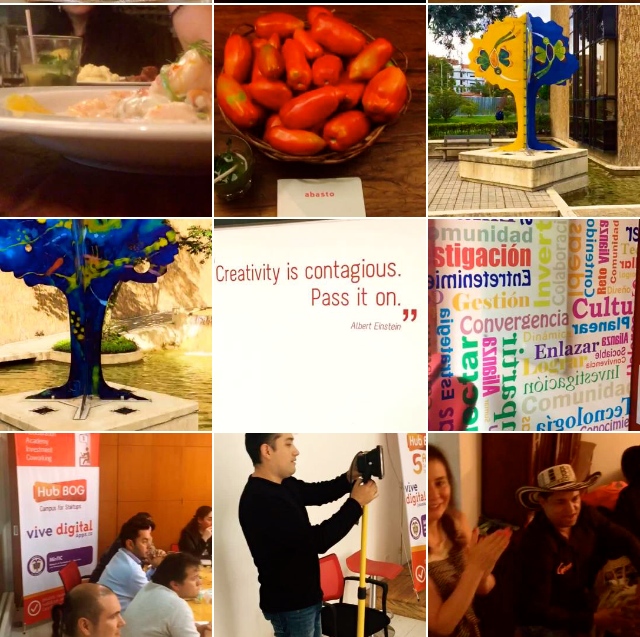|
Every other day I bump into an article that proclaims, or at least predicts, where the next Silicon Valley will be. If you ask me, the answer is clear: nowhere. A business environment doesn't develop in a vacuum, but in a specific cultural and social context. Therefore trying to clone a specific business ecosystem within a completely different culture yields often silly results. I believe we all agree that building a Tour Eiffel replica did not suddenly transform a town where people go to drink and gamble into Paris.
In other words, what is needed is a mindful -as opposed to one way bullhorn- approach to startup development. It is for this reason that Tappsi is far more popular in Latin America than Uber. Hailing a taxi is a whole different story on the streets of Colombia, Peru or Ecuador, and Tappsi has known how to create a business that speaks to the Latin American cultural/social values and realities.
After the meeting I put together 7 key points about doing business in Latin America:
4. Communication is indirect and highly contextual, and aimed at maintaining consensus and harmony. This is why you need to keep an eye on the idea of disruption, specifically when it applies to organizations.
5. Loyalty to the in-group is very important, maybe the most important. In organizations that is reflected in an exchange of "protection" for loyalty. Often people believe that their loyalty is, to a certain extent, more important than the ability to perfectly accomplish a task. 6. Failure is a big issue, being directly related to shame in most Latin American cultures. Advising people to "fail fast" is usually counterproductive. 7. Nepotism is accepted and expected. Also, status and age are respected and valued. Obviously, skills and expertise are important, but don't try to set up a rigid "meritocracy" system, which might actually be the biggest illusion of Silicon Valley (let's be honest here, from a pool of similar candidates, how many times did you get a job without being "recommended" by a relative, friend, or company insider?..) I would like to hear more from entrepreneurs and venture capitalists who do/did business in Colombia or Latin America. What are your ideas and experiences with cloning the Silicon Valley startup ecosystem? Share them below!
0 Comments
Leave a Reply. |
Cosmin Gheorghe"You never draw out of the deep of yourself that which you want; you always draw that which you are." Archives
November 2015
|




 RSS Feed
RSS Feed
